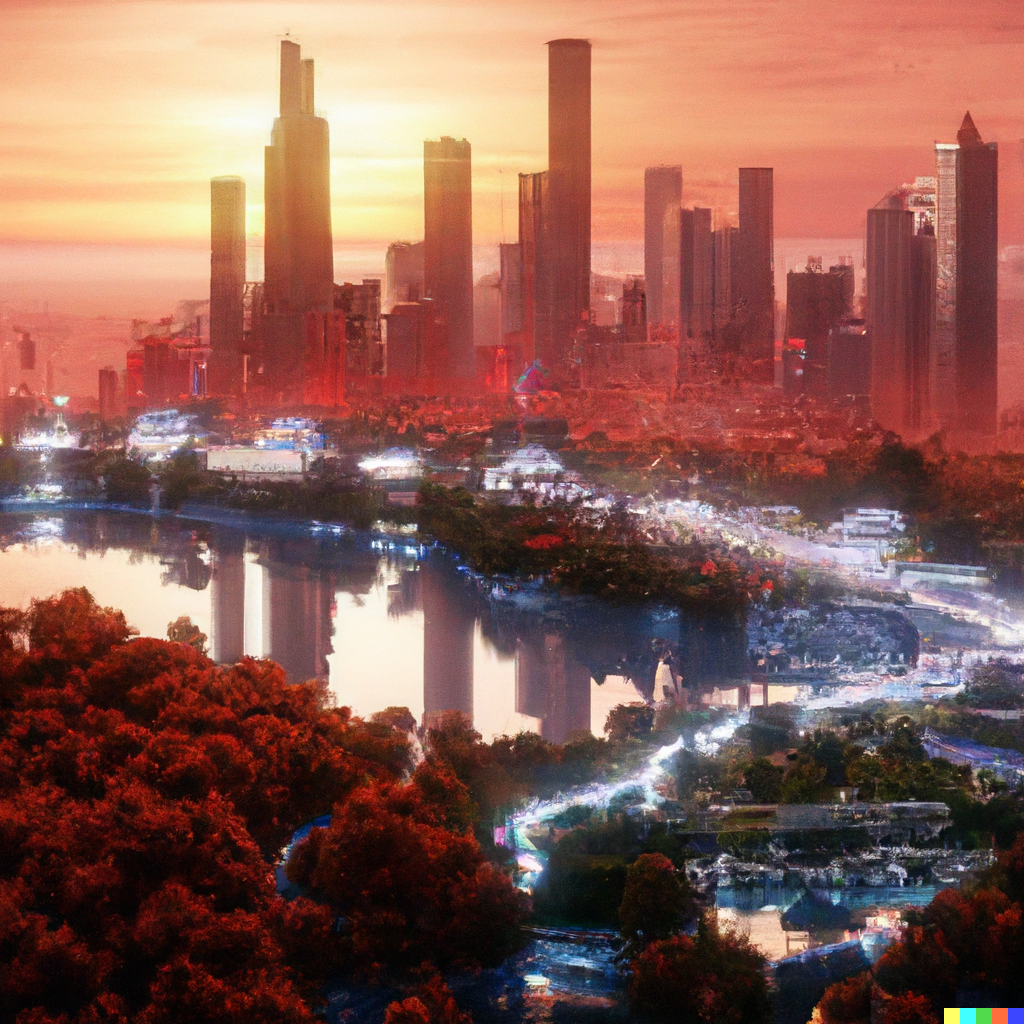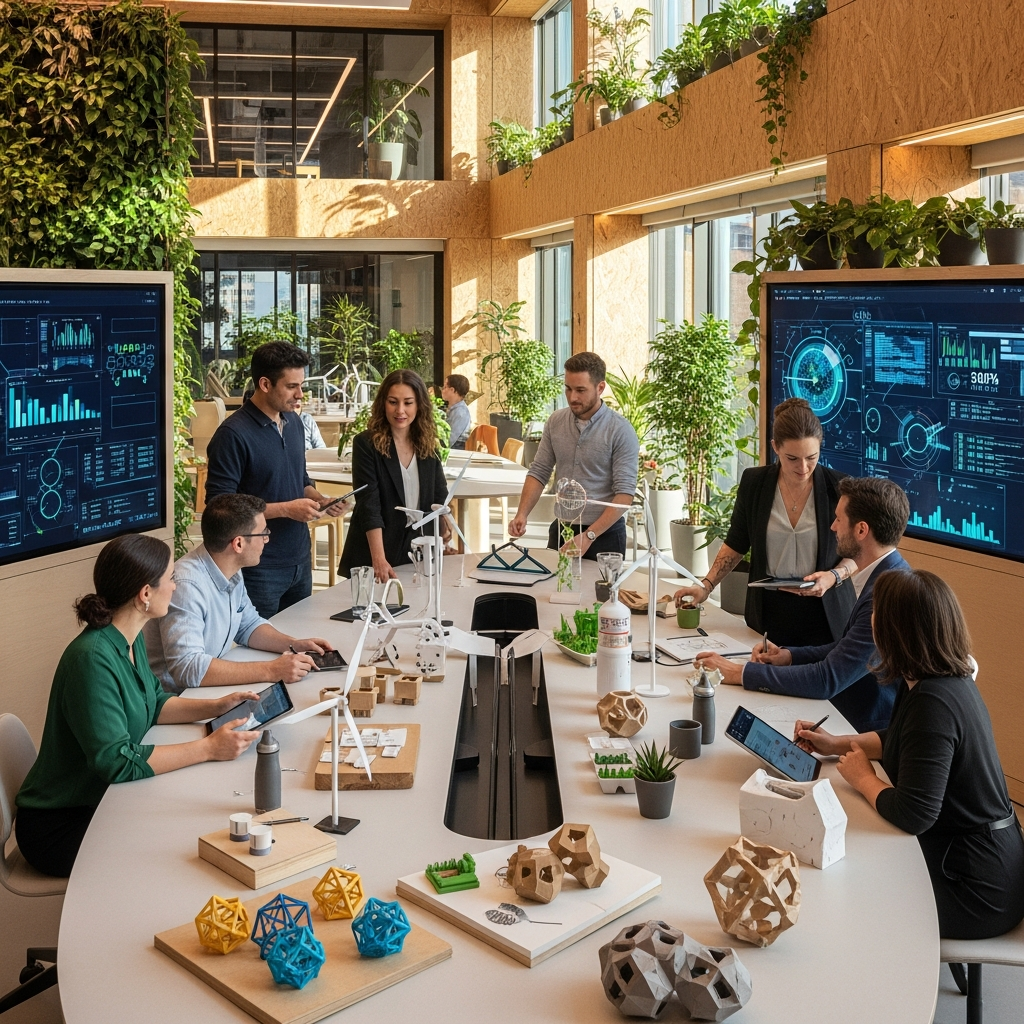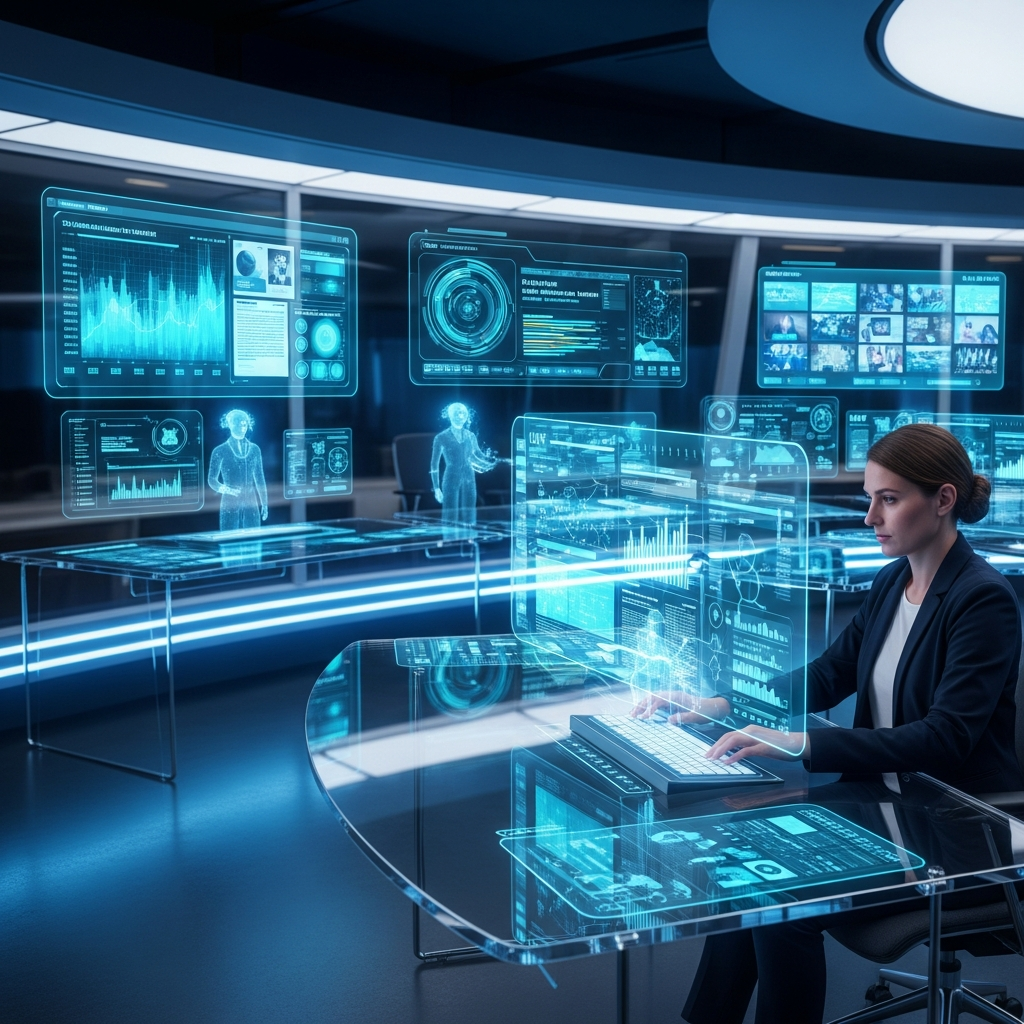Artificial Intelligence: The Invisible Urban Planner of Tomorrow’s Cities

The Power of AI in Urban Planning
As the golden hues of dawn spread across our futuristic cityscape, the subtle influence of artificial intelligence (AI) in our daily lives becomes more apparent. Its profound impact on urban planning, transforming how we conceive, design, and manage our urban spaces, is nothing short of revolutionary.
The Marriage of AI and Urban Planning
Unquestionably, the melding of AI and urban planning is a marriage of necessity. Our burgeoning cities, brimming with complex infrastructure and ever-evolving needs, demand intelligent solutions that only AI can offer. From predicting future needs to enhancing sustainable practices, the intertwining threads of AI and urban planning weave a new tapestry of possibility.
Predictive Power: Shaping the Future
Evidently, the role of AI in urban planning hinges on its predictive power. Machine learning algorithms, capable of analyzing complex datasets, enable city planners to forecast demographic shifts, climate change impacts, and infrastructure requirements with uncanny accuracy. The future of cities, thus, isn’t left to chance or intuition, but shaped by data-driven decision-making.
AI as the Custodian of Sustainability
AI isn’t simply the silent oracle whispering prophetic visions of urban futures; it’s also the diligent custodian of sustainability. Climate change, an existential threat to our urban habitats, necessitates smarter, greener urban planning. AI’s predictive analytics helps strategize renewable energy deployment, optimize waste management, and ensure resource-efficient city development. It’s the steadfast ally in our fight against ecological decline, championing sustainable urban environments.
A Human Touch to Urban Planning
Yet, the impact of AI extends beyond number-crunching and environmental preservation. AI revolutionizes the physical and psychological relationship between people and urban spaces. Urban planners, equipped with AI tools, can craft city layouts that prioritize human wellbeing and foster a sense of community. In essence, AI gives urban planning a human touch, molding cities that aren’t just smart but also empathetic.
Examples of AI’s Transformative Influence
Examples of AI’s transformative influence abound. Consider the smart traffic management systems in place in cities like Toronto, using AI to reduce congestion and emissions. Or, take the city of Barcelona, which uses AI to create “superblocks,” enhancing pedestrian experiences and fostering community engagement.
Democratizing Urban Planning with AI
Equally fascinating is AI’s ability to democratize urban planning. Citizen participation is often sidelined in traditional urban planning. Yet, AI-powered platforms enable public input in planning processes, fostering more inclusive, equitable cities. It’s another testament to AI’s role in humanizing urban planning.
Promoting Transparency with AI
Intriguingly, AI also promotes transparency in urban planning. Blockchain, powered by AI, ensures accountability and trust in the implementation of urban projects. It’s another proof of how AI elevates the very ethos of urban planning, fostering trust and collaboration.
Challenges and the Overwhelmingly Positive Trajectory
The transformational power of AI doesn’t make it immune to challenges. Questions of data privacy, ethical AI use, and ensuring AI’s benefits reach all strata of society are significant. Despite these hurdles, the trajectory of AI’s influence on urban planning remains overwhelmingly positive.
The Dynamic Partnership: AI and Urban Planning
It’s clear then that AI isn’t just a tool in the urban planner’s toolkit, but a dynamic partner. It’s the invisible hand guiding the trajectory of urban evolution, shaping cities that are resilient, inclusive, and humane.
A Promising Beacon for the Future
In the broader landscape of human civilization, AI in urban planning is a promising beacon. It’s the harbinger of a future where our cities are not mere concrete jungles but vibrant ecosystems of human potential, thriving in harmony with nature. As we navigate this exciting paradigm, AI stands as our steadfast compass, leading us towards a future we can proudly bequeath to the generations to come.





